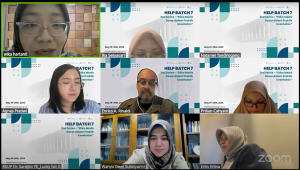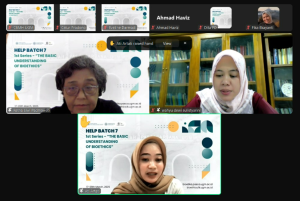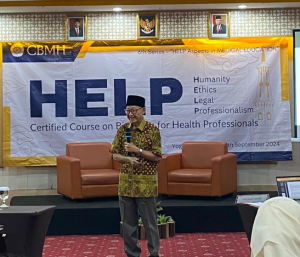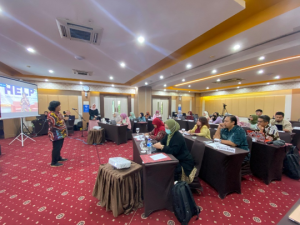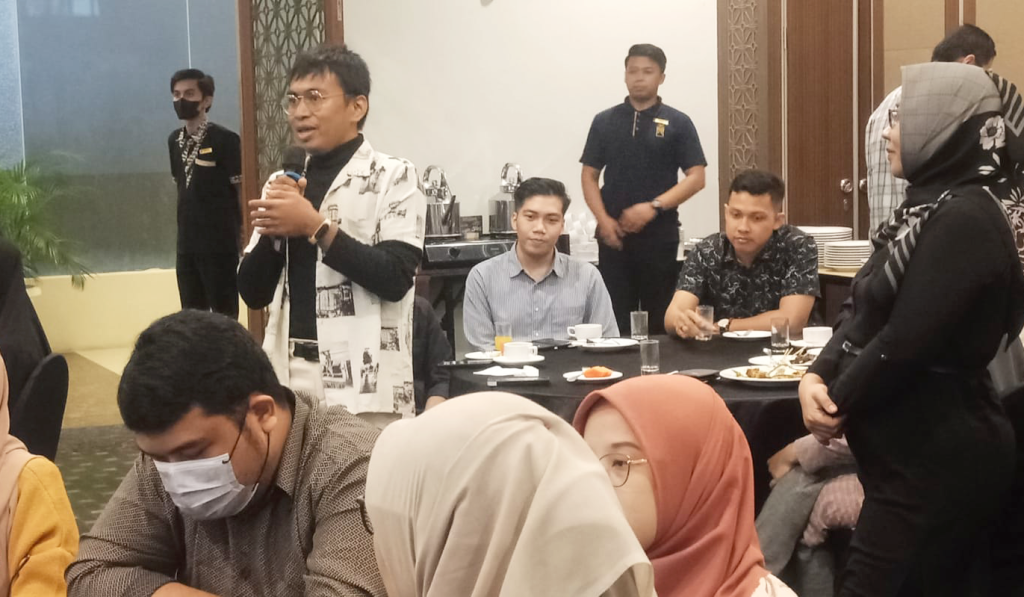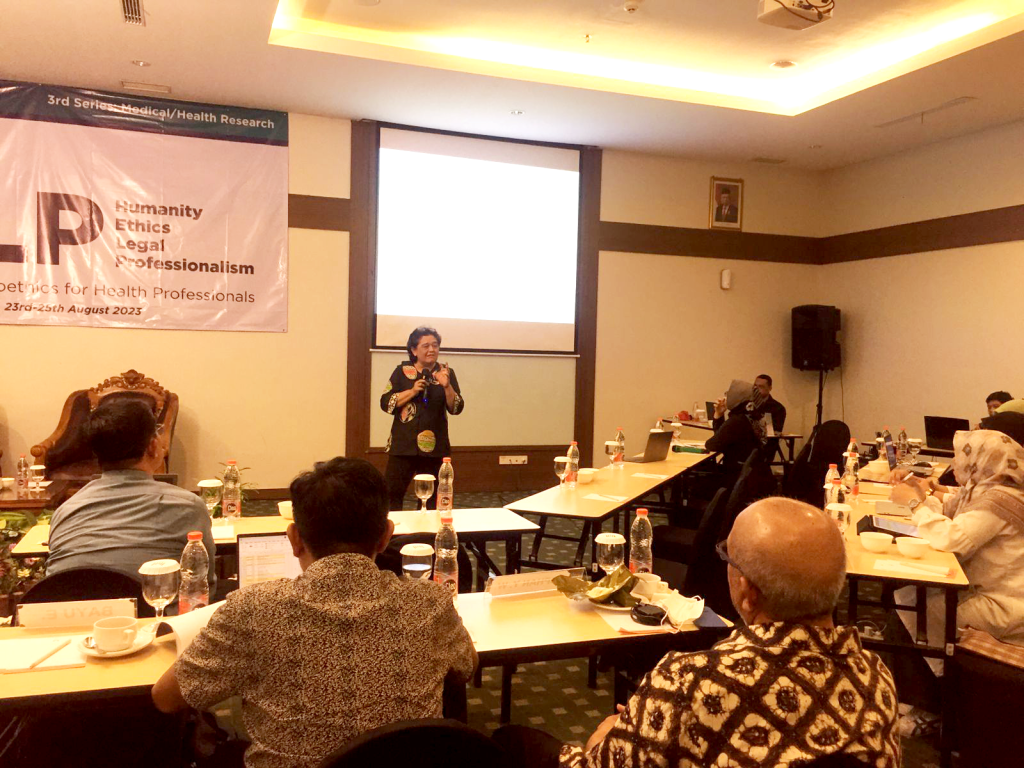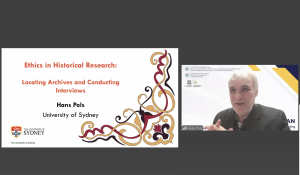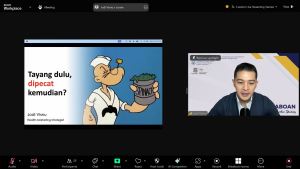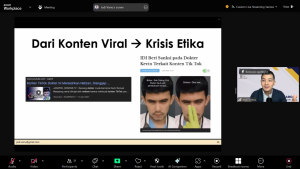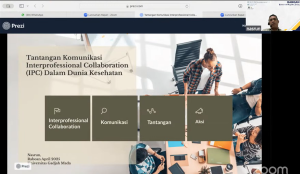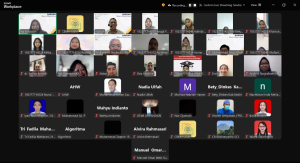Empowered Health Cadres, Stronger Communities: Community-Based Rehabilitation Training for Disability-Inclusive Villages

The Center for Bioethics and Medical Humanities (CBMH), Faculty of Medicine, Public Health, and Nursing, Universitas Gadjah Mada, in its role as part of the UNESCO Chair on Bioethics, successfully conducted a Community-Based Rehabilitation (CBR) Training as part of its community engagement program at the Gading Village Hall, Playen Subdistrict, Gunungkidul Regency, on Wednesday, 13 August 2025.
The program was led by Dr. Dra. Retna Siwi Padmawati, M.A., and directly monitored by Ema Madyaningrum, S.Kep., Ns., M.Kes., Ph.D., with full support from the YAKKUM Rehabilitation Center, Playen I Primary Health Center, Playen II Primary Health Center, and the Gunungkidul District Health Office. This initiative reflects the UNESCO Chair’s commitment to promoting human dignity, inclusion, and ethical responsibility in community-based health services.
The training engaged community health cadres from Gading Village and Plembutan Village as its primary participants. The sessions addressed key topics, including an overview of various types of disabilities, assertive and inclusive communication for persons with disabilities (PEKA Disability), self-care support for persons with disabilities, and emergency response management in disability contexts. All training materials were designed to equip cadres with both conceptual understanding and practical skills grounded in bioethical principles of respect, justice, and non-discrimination.

Participants were also provided with the PEKA Disability Handbook, developed as a practical tool for health monitoring and assertive communication with persons with disabilities. This resource supports the UNESCO Chair on Bioethics’ mission to strengthen ethical literacy and empower communities to deliver equitable and humane health services.
The initiative was motivated by the high prevalence of psychosocial disabilities in the Gunungkidul region, which calls for a comprehensive and sustainable response. Limited access to facilities and insufficient community awareness often lead to social isolation and heightened safety risks for persons with disabilities. Through this training, village health cadres are expected to become agents of ethical change, fostering inclusion, reducing stigma, and ensuring that care is delivered with respect for human rights.
The program will culminate in Free Health Screening Services for Persons with Disabilities and the Declaration of Disability-Inclusive Villages in Gading Village and Plembutan Village. This declaration symbolizes a collective commitment among village governments, health cadres, and community members to create inclusive environments and uphold equal rights for persons with disabilities, in line with the values promoted by the UNESCO Chair on Bioethics.

This community-based rehabilitation initiative contributes directly to the achievement of the Sustainable Development Goals (SDGs), particularly SDG 3 (Good Health and Well-being), SDG 4 (Quality Education), and SDG 10 (Reduced Inequalities). Beyond its immediate impact, the program is expected to serve as a replicable model of ethically grounded village empowerment, supporting inclusive and sustainable community development across Indonesia.
Editor : Rafi


